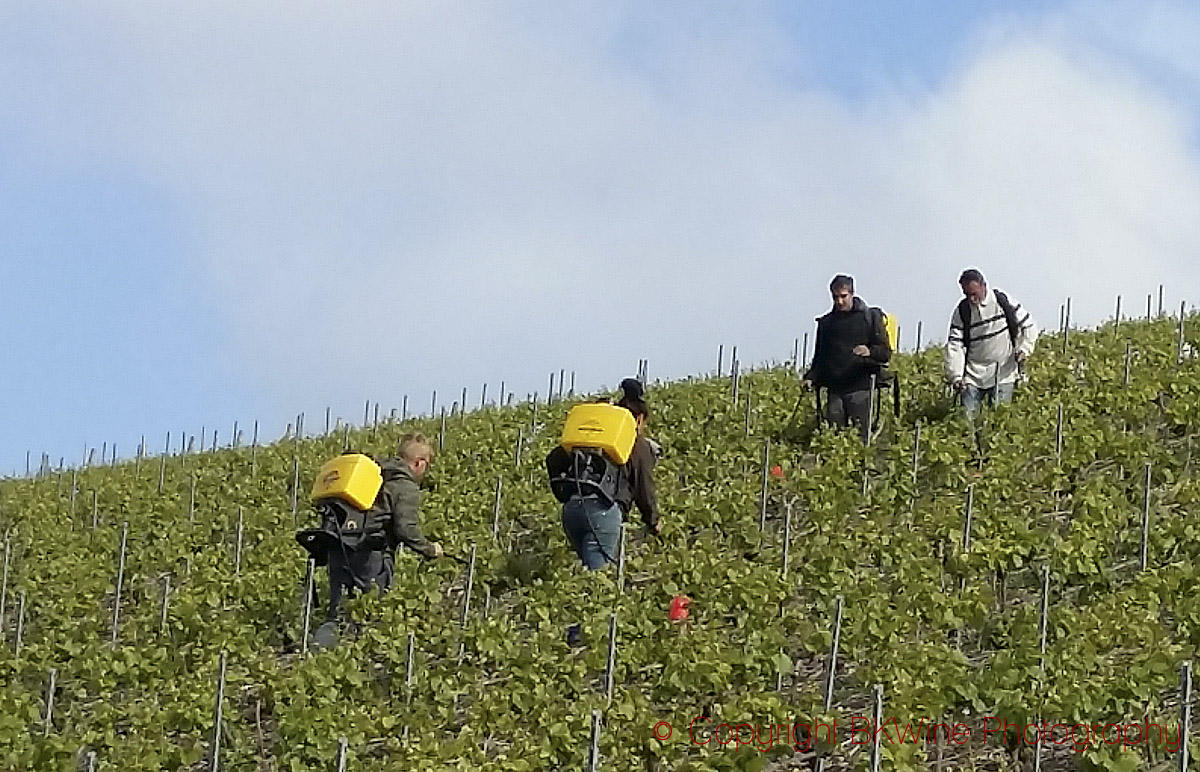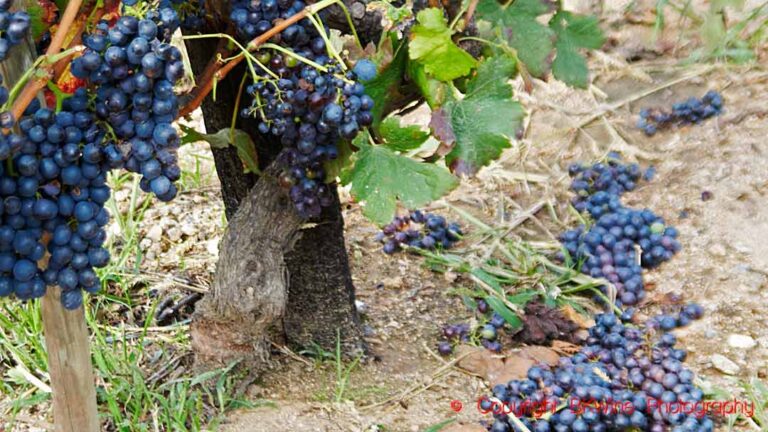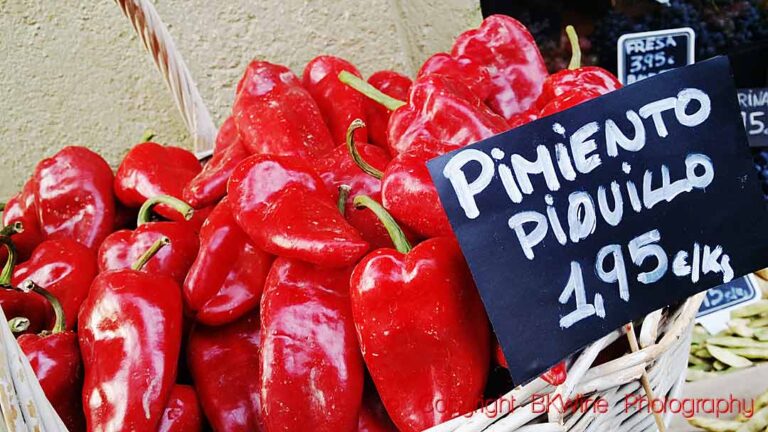By using the new genetic technology CRISPR-CAS, Chilean scientists have produced a grape that is resistant to oidium, a fungal disease. The grape in question is Thompson seedless, a table grape, so not relevant in a wine context. But the interesting thing is using CRISPR-CAS to eliminate the problem with one of the wine world’s most difficult fungal diseases.
Spraying in the vineyards is one of the biggest environmental problems today. CRISPR-CAS is different from “traditional” genetic technology but is currently subject to the same regulation within the EU, meaning that there is virtually no research in the field here.
But Marcel Kuntz, director of research at France’s CNRS (Centre national de la recherche scientifique, the French scientific research institute), believes that may change, which he welcomes. Europe ends up hopelessly in the backwater when it comes to NBT, new breeding technologies, he believes.
As part of the wine industry’s sustainability efforts, it should be worth properly evaluation the technology.
Read more: vitisphere












